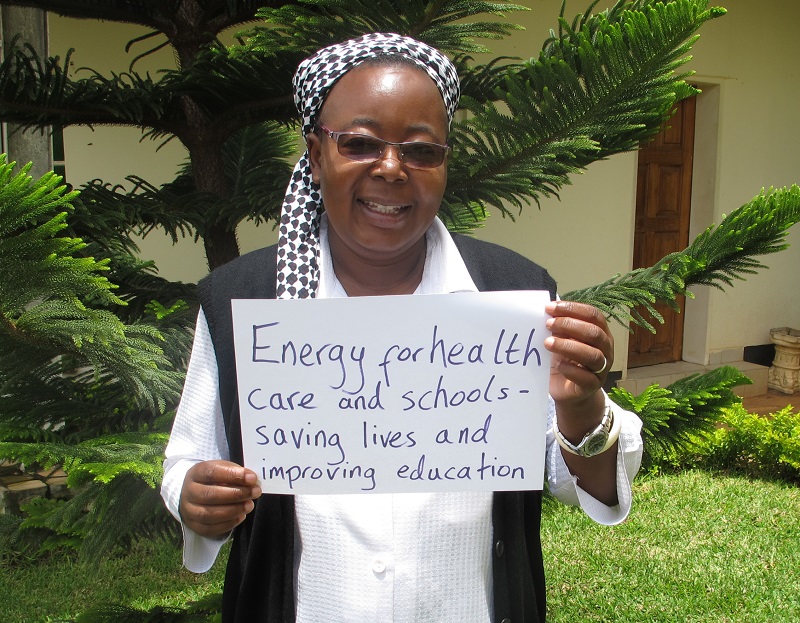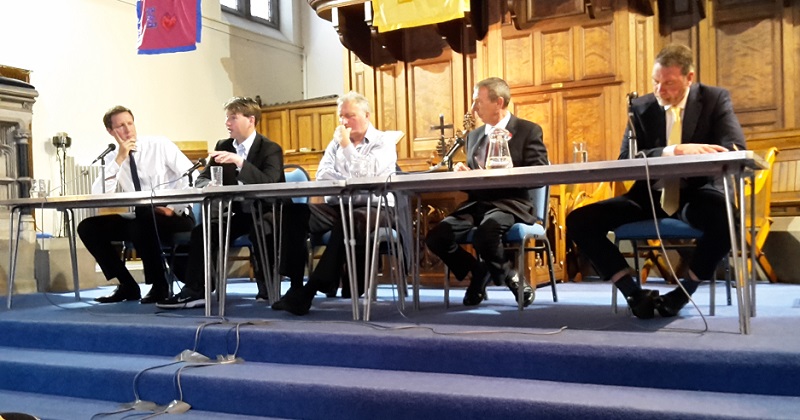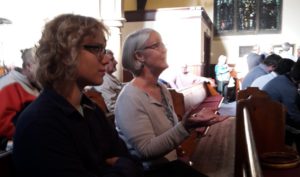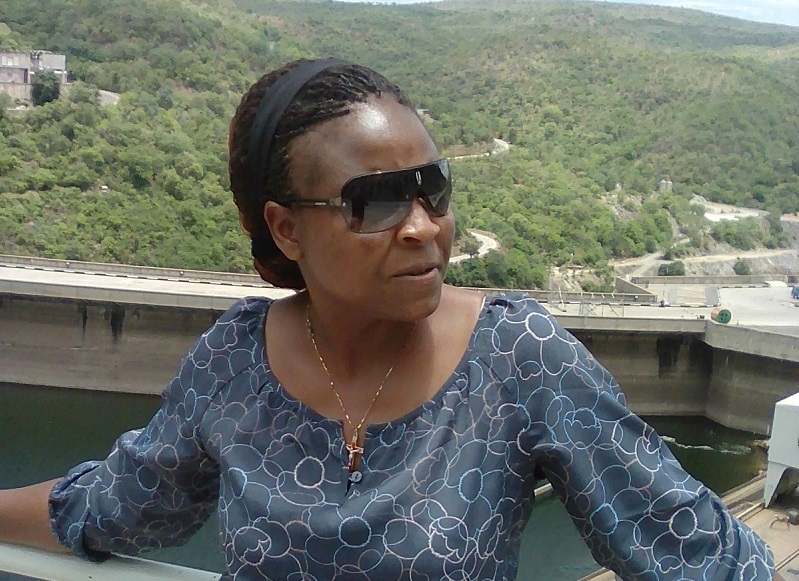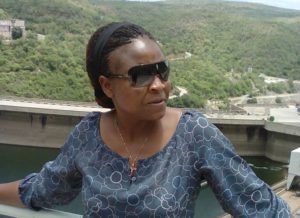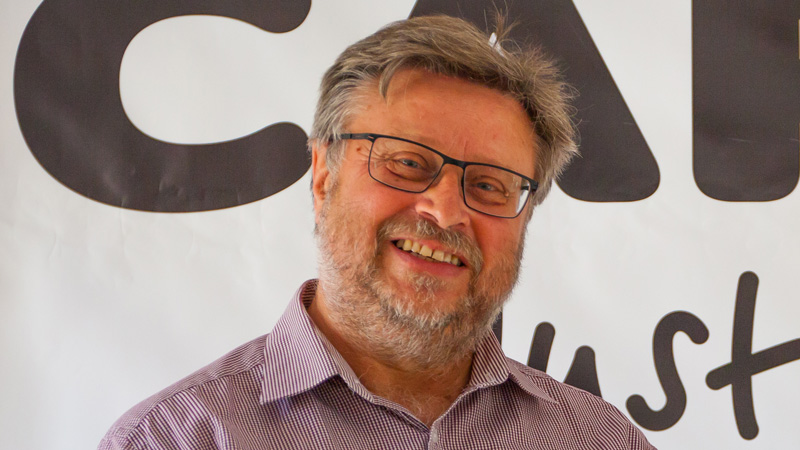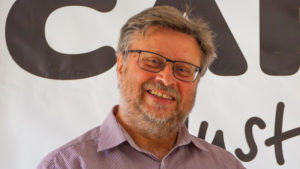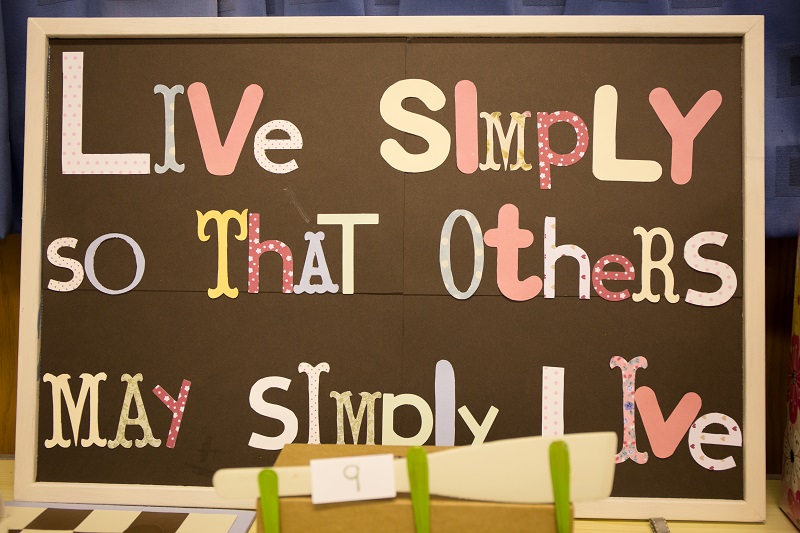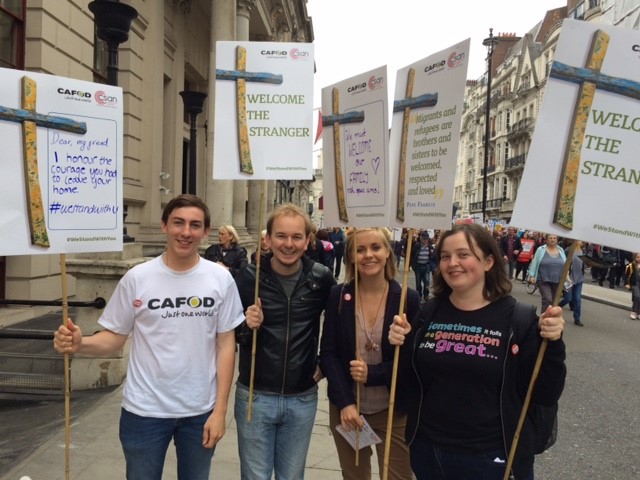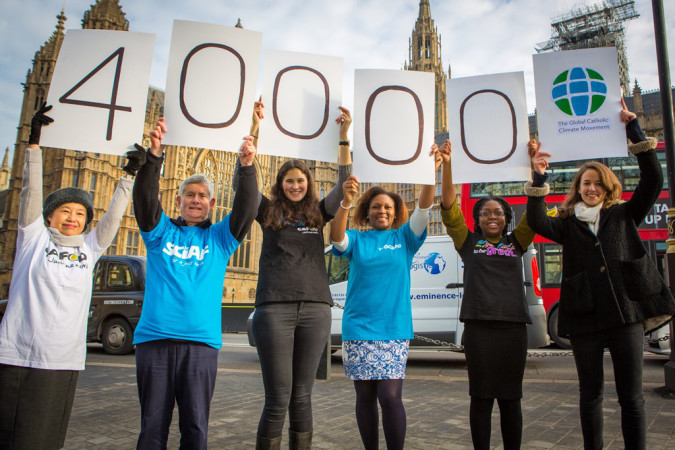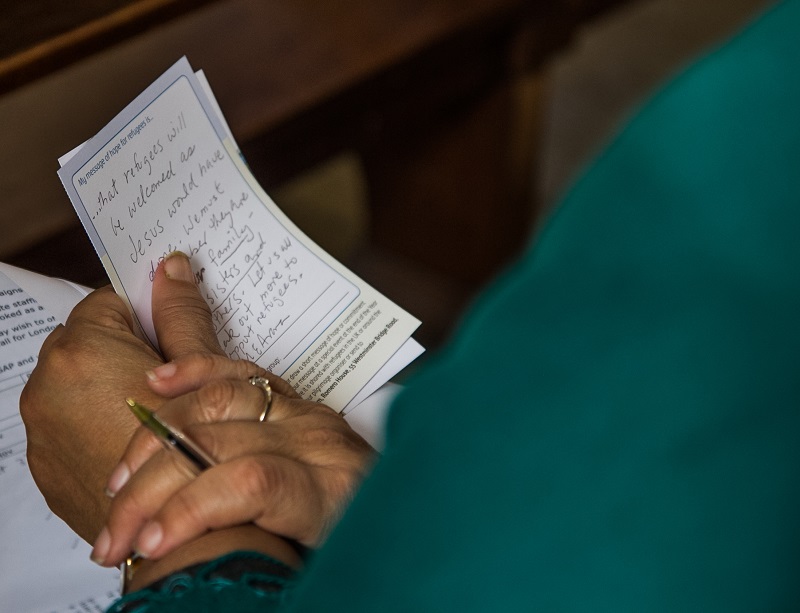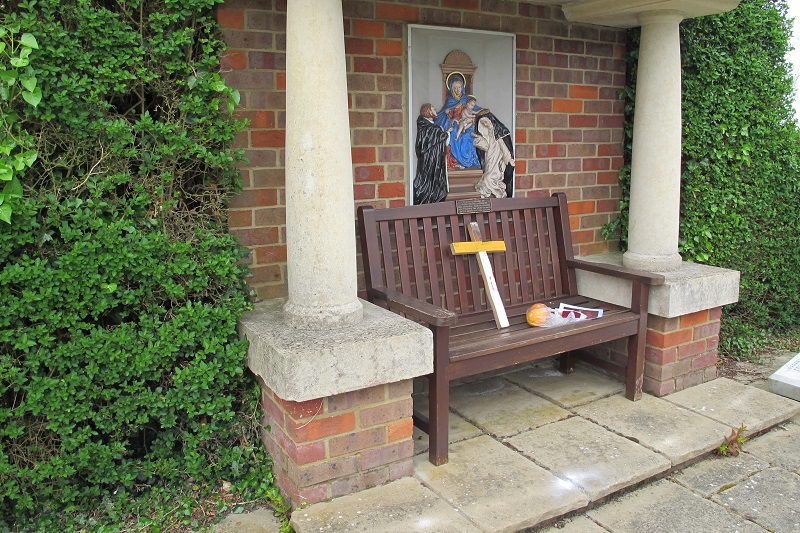Power to be: How lack of electricity affects everything – and what you can do about it
June 16, 2017
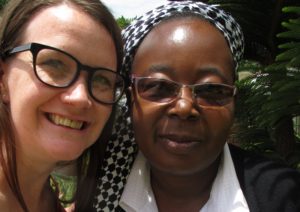
Hannah Mottram works in CAFOD’s policy team. She reports from Zambia, where access to electricity can transform lives.
“The work that I do is not just work,” says Sr Mathilde Mubanga, trained nurse and national health co-ordinator for the Zambian Bishops conference. “It is a service to the people of God, so I make sure that I do the very best that I can. I am not just there to give an injection, but to embrace patients as people, as fellow human beings.”
Sr Mathilde has been in her current role for nine years: travelling across Zambia to train staff, inspect health facilities and liaise with the national department of health.
She knows first-hand about the many challenges faced by health services in developing countries. When we met in Zambia recently, we discussed one challenge which is sometimes overlooked: lack of access to electricity.
Sign our Power to be petition, calling for more support for local, renewable energy
